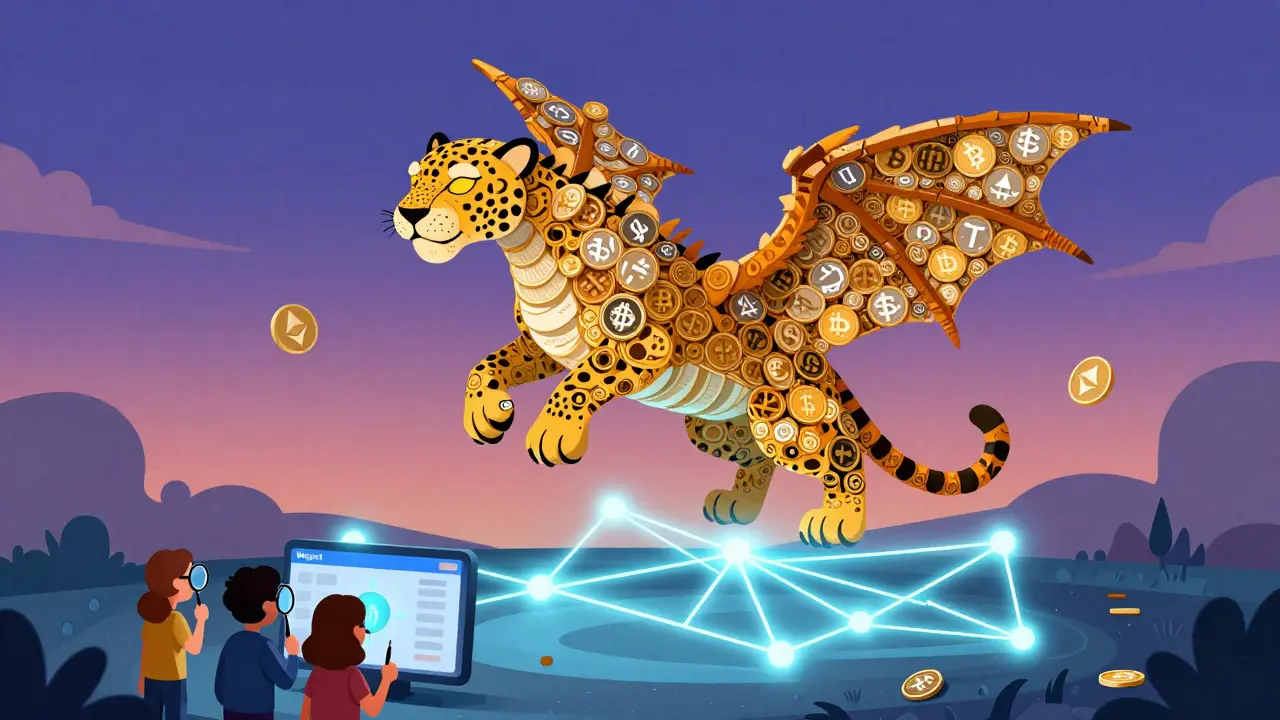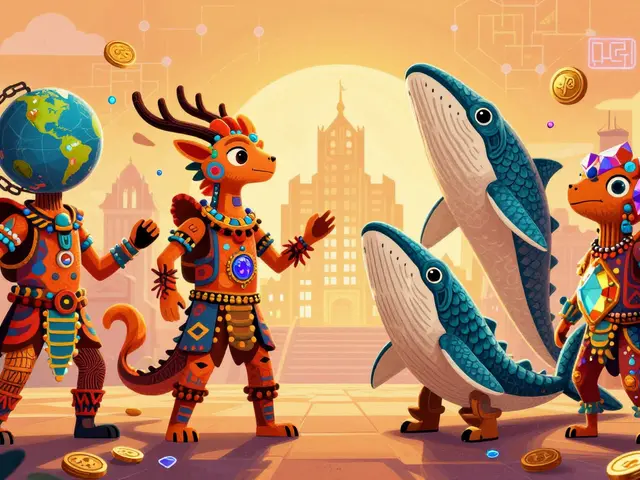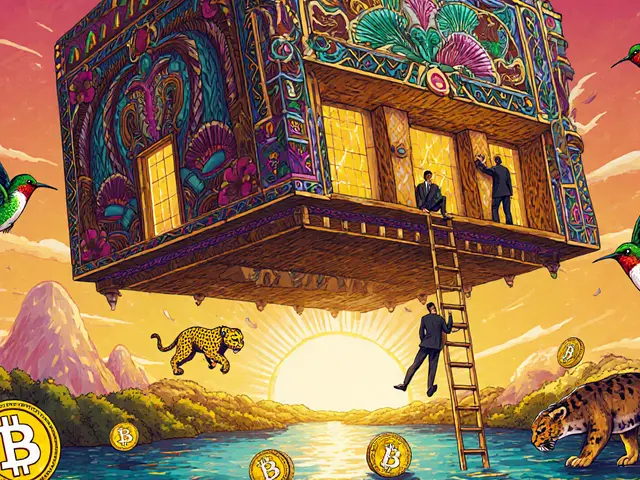Decentralized Crypto Exchange: What It Is and Why It Matters
When you trade on a decentralized crypto exchange, a platform that lets users trade cryptocurrencies directly with each other without a central authority. Also known as a DEX, it removes banks, brokers, and middlemen from the equation. That means no one holds your keys, no one freezes your account, and no one decides if you can trade. You’re in full control — and that’s the whole point.
This isn’t just theory. Real users in countries like Myanmar and Russia rely on DEXs because centralized exchanges get shut down or blocked. Tools like non-custodial wallet, a wallet where only you control the private keys, not a company are the backbone of every DEX. Without them, you can’t connect, trade, or even access your funds. And platforms like ProtonSwap, a DEX on the Proton blockchain with zero gas fees or KyberSwap Classic (Avalanche), a transparent DEX aggregator for AVAX and USDT show how DEXs are evolving — not with flashy marketing, but with clean, functional trading. But not all DEXs are equal. Some have zero volume, no team, and fake claims. That’s why knowing what to look for matters more than ever.
Decentralized crypto exchange doesn’t mean easy. It means responsibility. You’re handling your own security, watching for slippage, understanding token risks, and avoiding scams that mimic real platforms. That’s why the posts below cover real cases — like KiloEx for high-leverage trading, ProtonSwap’s hidden limits, and AmpleSwap’s near-zero adoption. You’ll see what works, what’s broken, and what’s just a ghost. No fluff. No hype. Just what you need to trade smarter on a DEX — whether you’re in a restricted country, holding a meme coin, or trying to avoid exchange shutdowns. What you find here isn’t a list of tools. It’s a map to stay safe when the system isn’t on your side.










